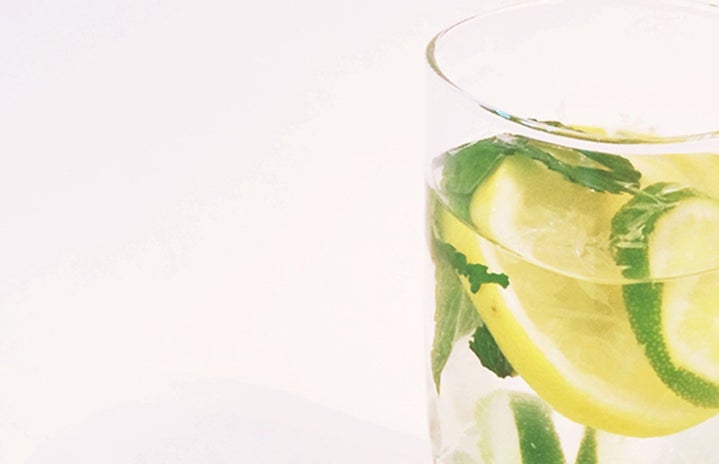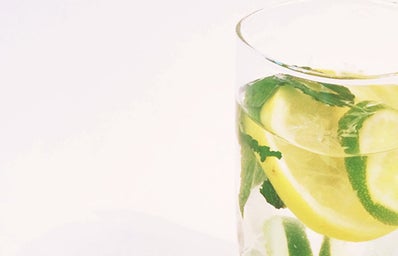A career counselor once asked me to consider when I do my best work, as an exercise in preparation for recruitment season. Her reasoning was this: if you know the conditions in which you do your best work, you will be better able to identify companies and jobs that meet the aforementioned conditions and, by extension, where you are most likely to thrive. Answers varied, ranging from collaborative spaces without corner offices to medical research labs, to windowless innovation hubs. My answer to this career counselor’s question was not like the others. I required ample natural light, chill lo-fi beats, and a steaming cup of coffee, black. I should note that while physical location, background music, and job function were negotiable, the beverage was not.

I was raised by one coffee addict and one parent for whom the drink is abhorrent unless subdued by egregious amounts of half-and-half. My grandparents enjoy a cup of coffee after each meal, but until I went to college, I did not partake. I sat there with whatever dessert they had on hand, watching them sip caramel-colored drinks from white ceramic cups. I appreciated the ritual, but never fully joined in.
I loved the smell of coffee and hated the taste. I tried the saccharine coffee-adjacent drinks at Dunkin and Tim Hortons — caramel vanilla swirl, mocha, french vanilla — enjoying the sugars, but never the bitter aftertaste no matter how disguised it might have been. After a while, I stopped trying altogether: it was an expensive, wasteful habit.
In college, I drank coffee out of necessity. You know how it is when you’re a freshman. The possibilities are endless and you want to extend your days into nights and your nights into the wee hours of the morning, so as not to waste a second. But whether you go to bed at 10 p.m. or 3 a.m., class always starts at the same ungodly hour: 9 a.m. So naturally, I would grab a cup of piping hot acid water from the dining hall and head to class.
The single morning cup gave way to a second cup in the early afternoon, a much needed jolt to get through my afternoon classes. In time, those two cups gave way to three: one in the morning, one in the early afternoon, and another around 4 p.m., when I would sit down to start my homework. Coffee in hand, I was unstoppable and unbreakable. The cup’s presence on my desk acted like a force field, shielding me from the distractions beyond my library cubicle until I deemed it appropriate to rejoin the outside world.
Fast forward two years and I was averaging not two, not three, but five cups of coffee per day. I saw no problem with the habit so long as it was not negatively impacting my health. And it didn’t — or should I say, it hadn’t yet.
All of a sudden, I found myself with a persistent ringing in my ears and a particularly aggressive bout of acid reflux that made eating an entirely unpleasant experience. I thought it was because of stress, but no. It was the caffeine (confirmed by doctors, I assure you).
According to staff at the Mayo Clinic, up to 400mg of caffeine per day (roughly four cups of coffee) appears to be safe for most healthy adults. Most is not all, and if you are experiencing nervousness, insomnia, headache, irritability, rapid heartbeat, muscle tremors, heartburn and/or elevated blood pressure, you should seriously consider cutting back.
Related: Why You Should Quit Caffeine (& How to Do it)
I wish I could tell you that I took a more systematic approach to paring back my coffee intake, or that I have tried all of the substitutes and could present you with a vetted list of adequate alternatives. I didn’t and I haven’t. The effects of my habit had become so unpleasant that I was put off of the very beverage that inspired their onset. I suppose that in a way, I was lucky: I did not mourn coffee’s absence in the way one might if they had to eliminate the substance without first developing a distaste for it.
What did I replace it with, you ask? Surprisingly, a more healthful, non-caffeinated beverage: hot water with lemon (and if I happen to have fresh ginger on hand, I peel a piece and throw it in there too!). According to internal medicine specialist Roxanne B. Sukol, MD, MS, the drink boasts a number of tangible benefits — hydration, digestive aid, a healthy dose of vitamin C, it helps prevent kidney stones, it provides a potassium boost… the list goes on.

Admittedly, I was not drawn to the drink by the aforementioned benefits. I hadn’t given it that much thought. I was experiencing severe acid reflux (thanks to the copious amounts of coffee I had regularly consumed) and my mom recommended the drink as a natural remedy. My reflux cleared up within a week of quitting coffee, but my taste for hot water with lemon remained. Now, I can’t start my day without it.
Related: 5 Caffeine Alternatives If You Want to Cut Back on Your Coffee Intake
I would be lying if I said that I was able to cut caffeine altogether. I will indulge in a single cup of coffee from time to time, but more often than not I drink caffeinated Jasmine tea. It isn’t the same (aesthetically or actually), but I physically feel better. I have more energy, and I don’t have that post-coffee slump that I had become accustomed to — the one that necessitates the successive cups. And for once in my life, I am appropriately hydrated! Honestly, that’s a miracle in and of itself.
As for my career ambitions, I realize now that I can get by with another beverage, so long as it’s piping hot and comes in a fun mug.



